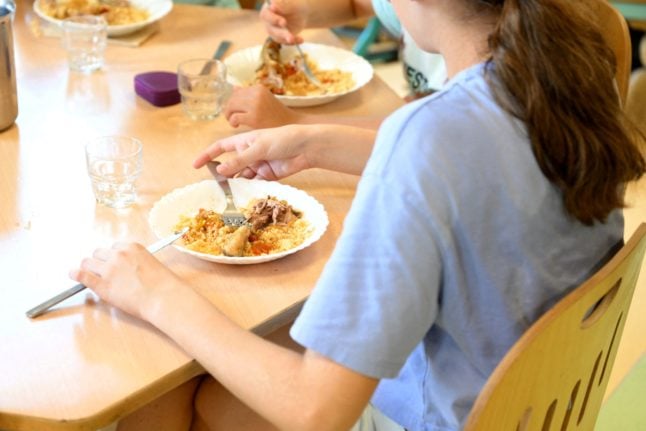We start with a Public Service Announcement: In the final months of 2023, the price of medical appointments in France will rise. Here’s the new price structure and how reimbursement will work.
Medical appointments in France to increase in price
Doing your taxes can be pretty complicated – throw in another language, a tax system that is probably different to the one you are used to, it’s no wonder that declaration season is often a time for swearing and/or tears.
So, if you’re caught in an admin loop, suffering from IT glitches or just don’t understand what that error message about ‘box 8SG’ means – here’s how to find help with your French taxes.
How to get help with your 2023 French tax declaration
An important question. Have you ever noticed how the French refer to the English-speaking world as ‘les Anglo-Saxons’, even though historically-speaking the Anglo-Saxons haven’t been around since mediaeval times?
French academic Emile Chabal explains why it says more about the French than it does about the Anglos
Why do the French still call us ‘Les Anglo-Saxons’?
The campaign for a special visa for second-home owners has picked up since Brexit, when thousands of British second-home owners suddenly found themselves limited in how long their can visit their properties.
Now, a French Senator has submitted an amendment to the new Immigration Law, bringing in a new visa for non-EU second-home owners, proposing a five-year visa that would allow visits of up to six months at a time. But, how likely is it to become law?
Reader question: Will France bring in a visa for second-home owners?
Speaking of property, a report from Banque de France predicts that the property market in France in summer 2023 will be as flat as it was in 2020 – the pandemic year when for obvious reasons few people were moving house – due to a combination of stagnating property prices and rising interest rates.
That’s obviously not good news for everyone, but certain types of buyers are likely to find this summer a particularly good time to purchase that dream house in France. We dig deeper.
Why summer 2023 could be a good time to buy property in France
Let’s end with a Royal food fight. Britain’s Buckingham Palace unveiled a special vegetarian “quiche” to mark King Charles III’s coronation on Saturday, but France’s historic “brotherhood of the Quiche Lorraine” – who, you’d think, know a thing or two about all things quichesque – say the festive dish has been mislabelled.
‘Coronation Quiche’ is not a quiche, say French purists
We wouldn’t dream of arguing with the quiche brotherhood, but we’re pretty sure we’ve seen dozens of different types of ‘quiche’ on sale in France . . .



 Please whitelist us to continue reading.
Please whitelist us to continue reading.
Member comments